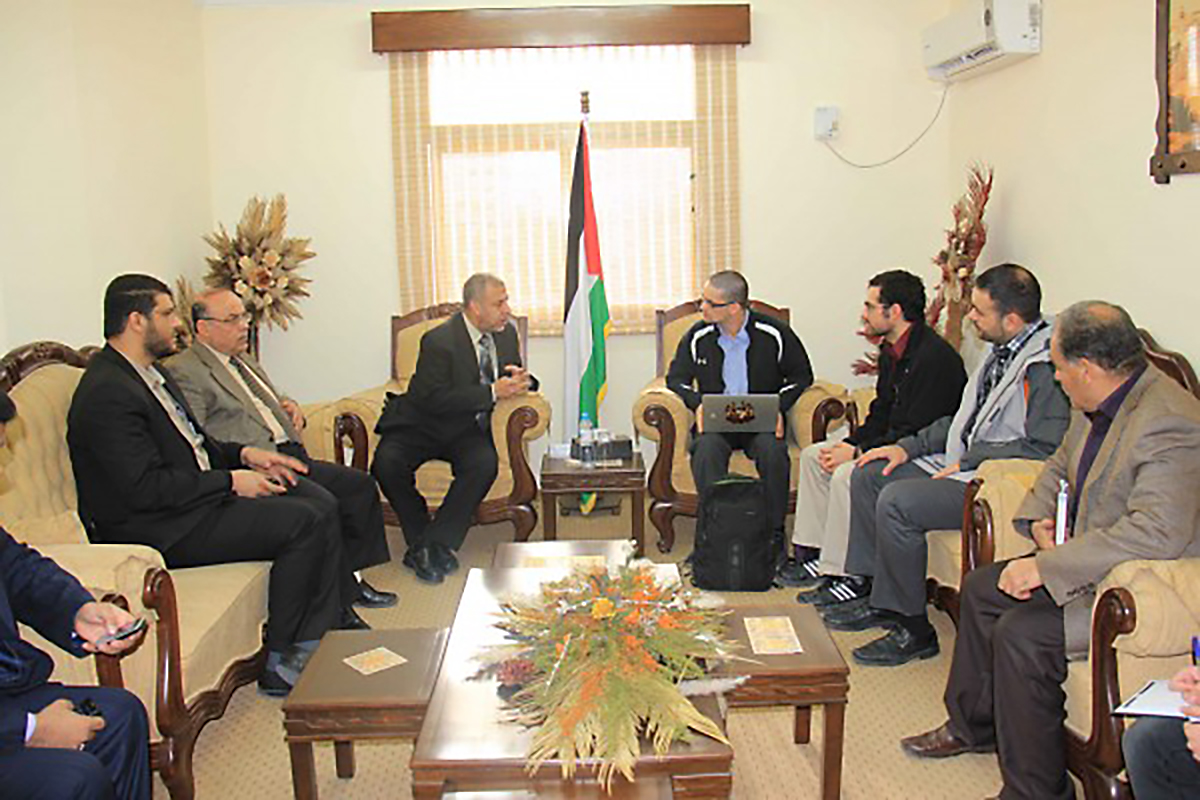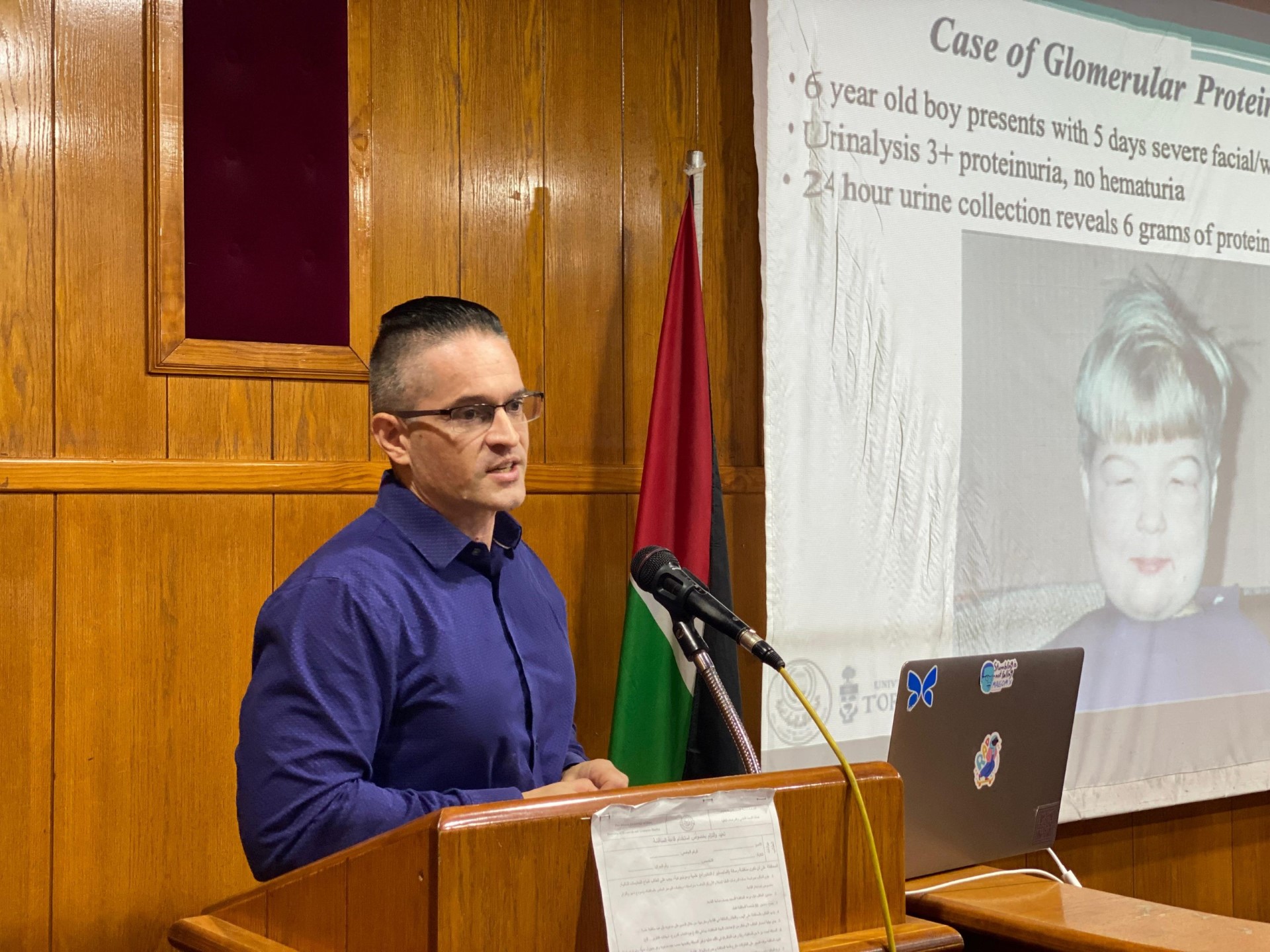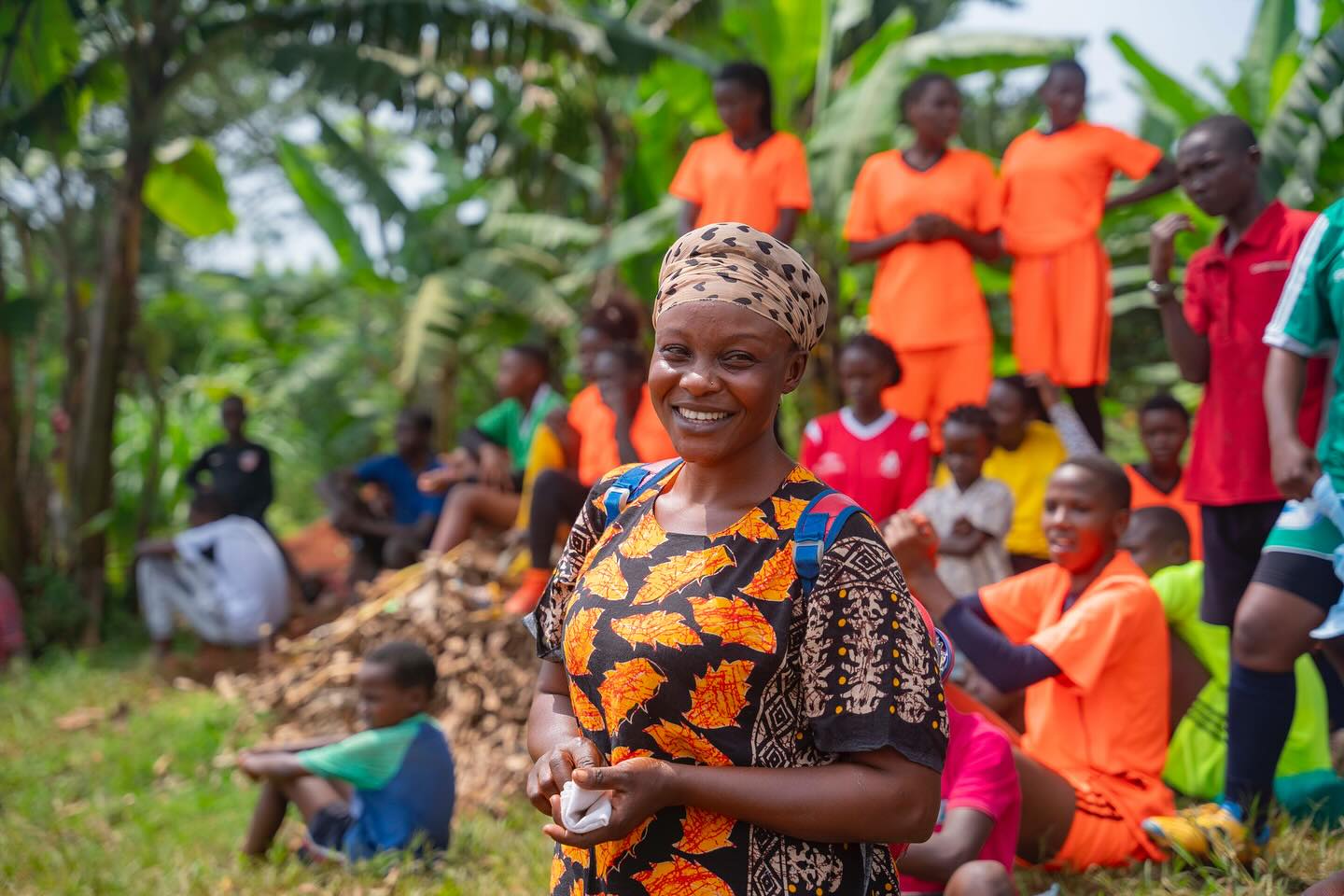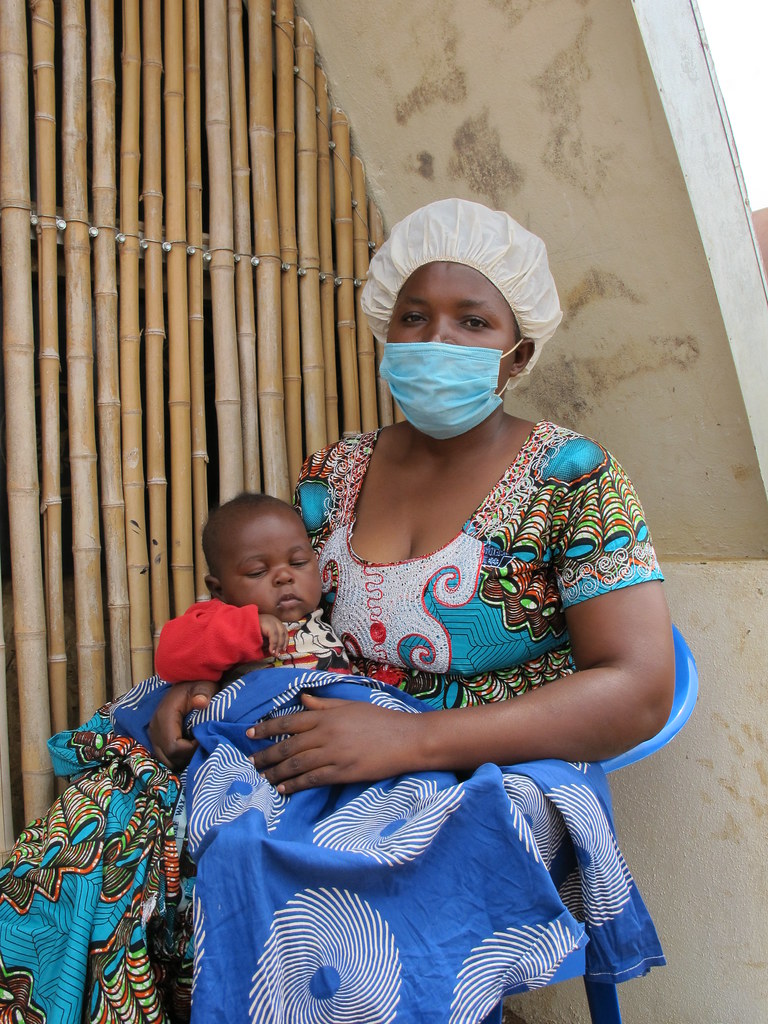Humanitarian Public Health Projects
The Intersection of Humanitarian Health Initiatives and Public Health
Bridging Immediate Medical Relief with Long-Term Public Health Solutions
Global health initiatives and public health are deeply interconnected, especially in regions facing long-term crises or inadequate healthcare systems. Dr. Ben Thomson’s approach has always been to bridge the gap between providing immediate medical relief and addressing the larger, systemic issues that contribute to poor health outcomes.
While treating individuals in these settings is crucial, Dr. Thomson believes it is equally important to look at the broader picture—factors such as access to clean water, maternal health education, and the prevention of communicable diseases. These are public health challenges that cannot be solved by treating one patient at a time. Instead, they require coordinated efforts to improve healthcare infrastructure, educate local populations, and empower communities to take control of their own health.
In his work, Dr. Thomson focuses on integrating public health strategies with direct medical care. For instance, in Uganda, building a women’s health center wasn’t just about providing immediate care—it was about creating a place where women could access sanitary products, receive sexual health education, and gain long-term support. Similarly, in Gaza, installing solar panels in hospitals wasn’t just about keeping the lights on—it was about ensuring the consistent delivery of critical healthcare services, even during power outages.
For Dr. Thomson, public health isn’t just a backdrop to his global health work; it’s central to it. By focusing on sustainable solutions that address the root causes of health crises, he aims to create lasting change in the communities he serves.

Multi-Subspecialty Education for low-Resource Settings (MSERS)
Confronting Healthcare Challenges in Indigenous Communities in Ontario
Since beginning his work with Indigenous communities in Ontario, Dr. Ben Thomson has been dedicated to addressing the unique healthcare challenges they face. Through the Multi-Subspecialty Education for Low-Resource Settings (MSERS) program, Dr. Thomson has worked closely with Indigenous health leaders to create educational content that meets the specific needs of 162 Indigenous communities across the province. This initiative is designed to provide healthcare workers with the tools and knowledge they need to deliver high-quality care, even in low-resource settings.
One of the key aspects of Dr. Thomson’s role has been developing an educational system that identifies and addresses the specific needs of each community. By working directly with nurses, nurse practitioners, physicians, and Indigenous health leaders, he has ensured that the curriculum focuses on locally relevant health issues. The MSERS series covers a wide range of medical subspecialties, with each topic presented by leaders in the healthcare field. This approach allows healthcare workers to access specialized knowledge that directly benefits their communities.
In many Indigenous communities, health stations are the primary point of care, often staffed by nurses or community health workers with varying levels of training. Dr. Thomson’s goal has been to create a curriculum that bridges these disparities by offering tailored educational sessions that cater to healthcare providers at all skill levels. Whether a nurse with minimal post-secondary training or a fully trained family physician, each healthcare worker can access the knowledge they need to support their patients effectively.
Dr. Thomson has always been mindful of the logistical challenges many Indigenous communities face, particularly when it comes to internet access. To overcome these barriers, he ensured that the educational materials, including video sessions, are available on platforms like YouTube, allowing healthcare workers to access the content when it’s convenient for them. For those with unreliable internet connections, he also made the materials available in slide format, ensuring everyone has the chance to benefit from the program.
Collaboration has been at the heart of the MSERS program. Dr. Thomson has worked closely with Indigenous Services Canada and local communities to ensure that the content developed is not only medically relevant but also culturally sensitive. It has been important to him that the curriculum respects Indigenous traditions, values, and perspectives, while also addressing the specific healthcare challenges these communities face.
Dr. Thomson has also had the honor of working alongside an incredible group of colleagues who have helped shape and drive this program, including:
- Marika Bellerose, RN NP, Indigenous Services Canada
- Josiah Butt, MD, Michael G. DeGroote School of Medicine, McMaster University
- Azad Mashari, MD FRCPC, University Health Network; University of Toronto
- Cory McFarlane, MD CFPC, North Bay Regional Health Centre; Sioux Lookout, Meno-Ya-Win Health Centre
- Elizabeth Wallace, RN NP, Indigenous Services Canada
Their expertise, dedication, and collaboration have been essential in making the MSERS program a success.
Dr. Ben Thomson is incredibly proud of the impact the MSERS program has had so far. It has been recognized for its innovative approach and effectiveness, with institutions like the University of Toronto expressing interest in expanding the model to other provinces. Seeing how this program has empowered healthcare providers in Indigenous communities and improved health outcomes has been one of the most rewarding aspects of his career.

Gaza Public Health Review
Transforming Health Assessments into Actionable Change in Gaza
In collaboration with the Gaza Ministry of Health and funded by the World Health Organization (WHO), Dr. Ben Thomson had the opportunity to be part of a team of foreign physicians invited to conduct a public health needs assessment in Gaza. The goal was to evaluate and identify key areas for improvement across various healthcare sectors, with Dr. Thomson’s focus on nephrology.
For a month, he visited multiple hospitals and clinics across Gaza, assessing the existing nephrology services and identifying gaps where interventions could significantly enhance patient outcomes. This work aimed to understand not only the state of nephrology care but also to pinpoint where foreign investment and resources could be directed to have the most meaningful impact.
The team compiled a detailed report that outlined several recommendations for improving nephrology care. The report was submitted to the Ministry of Health and shared with the WHO. However, despite the extensive assessment and proposed recommendations, little action was taken to implement the necessary changes, and the report largely remained untouched.
This experience, while frustrating, became a turning point for Dr. Ben Thomson. The lack of follow-through on the recommendations he helped develop was a driving force behind his decision to return to Gaza. He felt a personal responsibility to continue working on some of the crucial improvements that had been identified. The need to translate recommendations into actionable change became a central focus of his ongoing work in Gaza, particularly in nephrology services.

Teaching at the Islamic University of Gaza
Resilience and Adaptation: Teaching Medicine in Gaza’s Challenging Landscape
Since 2013, Dr. Ben Thomson has had the privilege of teaching medical students at the Islamic University of Gaza (IUG). What began as a limited role evolved into an annual commitment by 2014, where he led the nephrology instruction, combining classroom lectures with bedside teaching. However, his role wasn’t just about transferring the academic experience he had gained in Canada to Gaza—it required a deep understanding of how to teach medicine in an environment where the same resources simply don’t exist. Every September, Dr. Thomson spent two weeks guiding students through nephrology concepts, but this was not just about theory; it was about helping them navigate the unique challenges they would face as future doctors in Gaza.
Teaching in Gaza meant more than providing medical knowledge—it required understanding what it’s like to practice medicine in a world where physicians are not just clinicians but also frontline responders to ongoing trauma. Dr. Thomson played a role in developing both the curriculum and the examinations, ensuring that what was taught wasn’t just academically sound, but also deeply relevant to the realities these students would face on the ground. Physicians in Gaza work in one of the most unsafe environments in the world, responding to emergencies caused by conflict while dealing with a chronic lack of resources, equipment, and medicines that many take for granted elsewhere.
The resilience and dedication of the students at IUG never ceased to impress Dr. Thomson. They are training to become doctors in a place where medicine is intertwined with survival, where physicians don’t just treat patients—they often save lives under the most challenging circumstances imaginable.
When the global pandemic forced the shift to Zoom in 2020, the logistical challenges—like power outages and unreliable internet—were just another hurdle that both the students and Dr. Thomson had to overcome. Yet, they adapted, demonstrating the same resourcefulness that defines much of the medical community in Gaza.
Dr. Thomson’s time at IUG has allowed him to form connections with dedicated students navigating their studies in one of the most challenging environments in the world. It has been an experience that has made him rethink what it means to be a doctor, not just in terms of academic achievement but in terms of resilience, adaptability, and the courage to practice medicine in the face of adversity.

Uganda Women’s Health Centre
Empowering Women’s Health: A Lifeline for Kamengo’s Community
Dr. Ben Thomson’s good friend and humanitarian, Jimmy Sebulime founded the Agnes Zabali Boys and Girls Club (AZBGC) in Kamengo, Uganda, and has since led numerous medical missions in partnership with the Canada Africa Community Health Alliance (CACHA). Each year, he organizes two to three missions, bringing healthcare professionals to provide essential services to the community, with a particular focus on women’s health.
In 2012, Dr. Thomson participated in his first medical mission to Kamengo, where he had the opportunity to support Jimmy Sebulime’s efforts to establish the Women’s Health Centre in the community. Led by Jimmy, the centre was designed to tackle the numerous health challenges faced by women in Uganda, including inadequate maternal healthcare, limited access to family planning, and insufficient prenatal and postnatal care. These gaps often lead to preventable complications during childbirth and contribute to significantly higher maternal and infant mortality rates compared to other regions. The health center focuses on filling these critical gaps by providing essential medical services, including maternal health support, reproductive health education, and treatment for conditions that disproportionately affect women, such as obstetric fistula, HIV/AIDS, and malnutrition.
Beyond the immediate healthcare services, the center also empowers local health workers by providing medical training, ensuring they can deliver sustainable, high-quality care to their communities. Dr. Thomson participated in training local healthcare officials in his two medical missions in 2012 and 2018. This training equips local workers to manage common but devastating health issues, fostering long-term improvements in women’s health outcomes.
Dr. Thomson holds a special place in his heart for Kamengo’s community, as it was one of his earliest humanitarian experiences. It is a beautiful town, made up of simple homes and vibrant greenery, with narrow dirt roads winding through the community. Then, the Women’s Health Center sat atop a hill in Kamengo, offering a view of the rural town below and is now attached to the Agnes Zabali Boys and Girls Club community center that also houses a library and recreational facilities for the children and youth.

Uganda COVID-19 Response
During the COVID-19 pandemic, Dr. Ben Thomson had the privilege of serving on Uganda’s pandemic response panel alongside the Head of Public Health and representatives from the Ministry of Health. Jimmy Sebulime, a Canadian humanitarian leader, also played a key role on the panel. Their efforts focused on addressing the unique challenges posed by the virus.
Uganda’s national COVID-19 response strategy was notably effective, incorporating measures such as risk communication, testing, contact tracing at district and community levels, and implementing physical and social distancing protocols. The challenge was working closely with local leaders and healthcare professionals to combat misinformation and deliver clear, actionable guidance, particularly in rural areas where community health leads often lacked formal health experience.
Dr. Ben Thomson is also an advocate for humanitarian initiatives and committed to global humanitarian work. Read more: